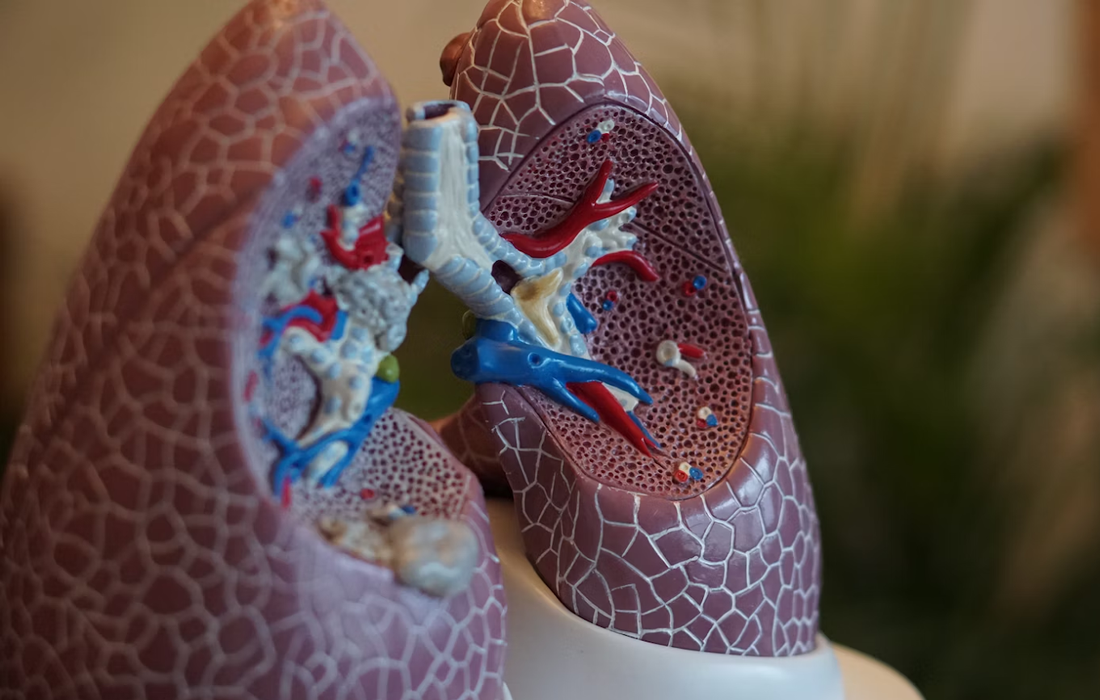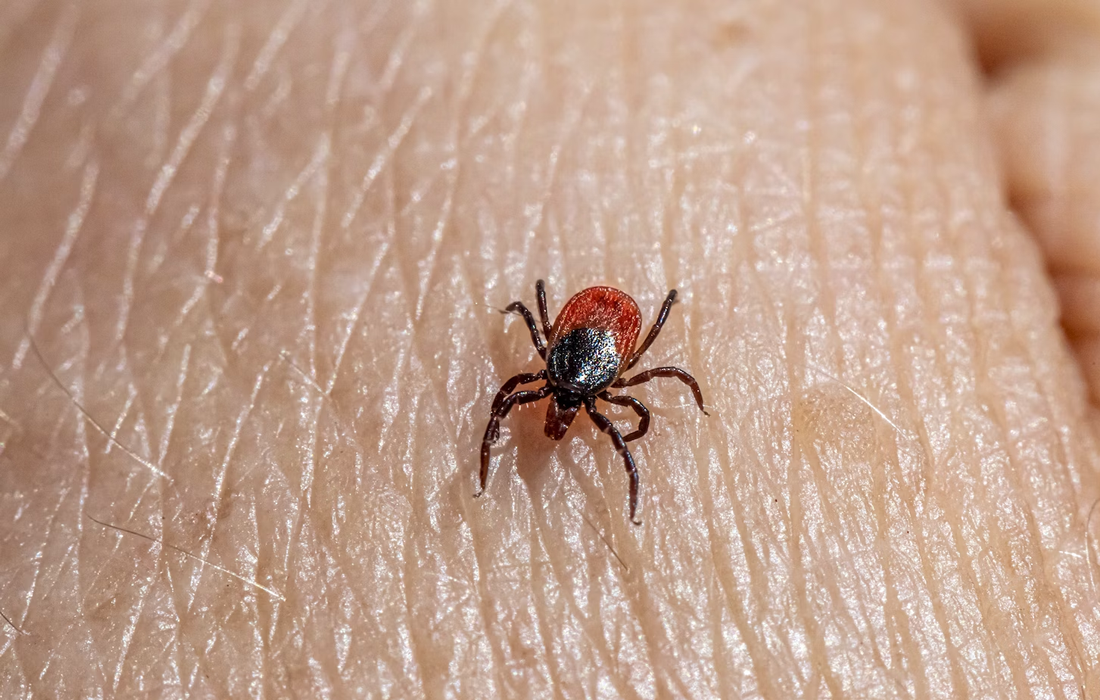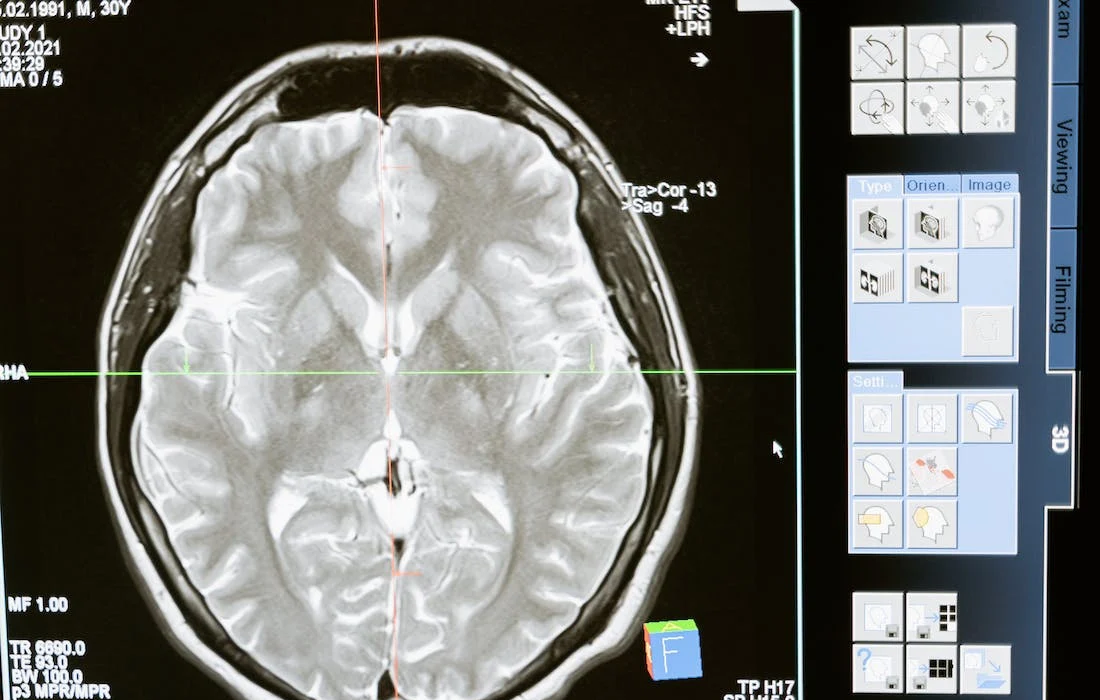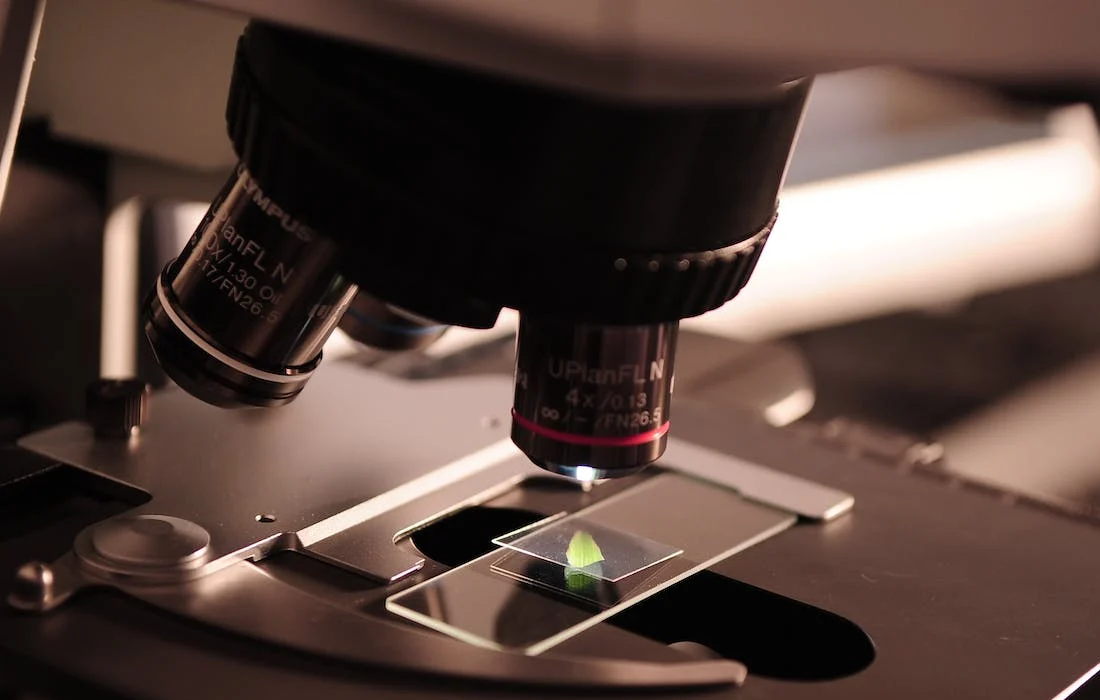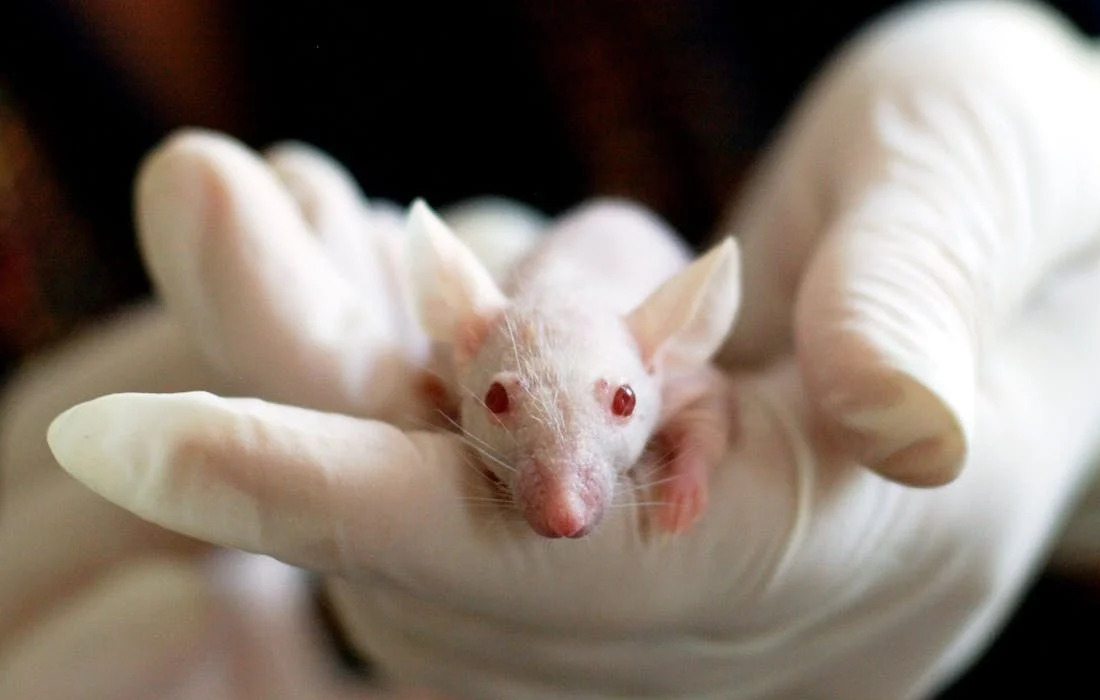Mount Sinai researchers have discovered a link between certain per- and polyfluoroalkyl substances (PFAS) and an increased risk for thyroid cancer, according to a study published in eBioMedicine today. PFAS, also known as “forever chemicals,” are a large, complex group of synthetic chemicals that can migrate into the soil, water, and air. Due to their […]
Author Archives: Karely Vega, MD
Engineers at the University of California San Diego have developed a smartphone attachment that could enable people to screen for a variety of neurological conditions, such as Alzheimer’s disease and traumatic brain injury, at low cost — and do so accurately regardless of their skin tone. The technology, published in Scientific Reports, has the potential […]
Scientists from the University of Southampton and La Jolla Institute for Immunology (LJI), in California, have uncovered a group of immune cells that may drive severe asthma. These cells gather in the lungs and appear to cause the most harm in men who develop asthma in later life. The new research, published in MED, suggests […]
For the first time, a Cornell University-led study in rats teases apart the role of the hippocampus in two functions of memory — one that remembers associations between time, place and what one did, and another that allows one to predict or plan future actions based on past experiences. The breakthrough reveals that these two […]
Scientists at Tufts University School of Medicine have developed a genome-scale metabolic model or “subway map” of key metabolic activities of the bacterium that causes Lyme disease. Using this map, they have successfully identified two compounds that selectively target routes only used by Lyme disease to infect a host. Their research was published October 19 […]
An estimated 40% of the global adult population have high blood pressure, or hypertension, which puts people at risk of cardiovascular disease and other dangerous health conditions. Recent studies suggest that probiotics may offer a protective effect, but researchers have a limited understanding of why shaping the gut microbiota can regulate blood pressure. A study […]
Glioblastoma (GBM), an aggressive brain cancer, is notoriously resistant to treatment, with recurrent GBM associated with survival of less than 10 months. Immunotherapies, which mobilize the body’s immune defenses against a cancer, have not been effective for GBM, in part because the tumor’s surrounding environment is largely impenetrable to assaults from the body’s immune system. […]
People who eat just two servings of red meat per week may have an increased risk of developing type 2 diabetes compared to people who eat fewer servings, and the risk increases with greater consumption, according to a new study led by researchers from Harvard T.H. Chan School of Public Health. They also found that […]
Researchers have discovered the link between the gut microbiota and Alzheimer’s disease. For the first time, researchers have found that Alzheimer’s symptoms can be transferred to a healthy young organism via the gut microbiota, confirming its role in the disease. The study supports the emergence of the gut microbiome as a key target for investigation […]
Researchers at Kyushu University have discovered that turning brain immune cells into neurons successfully restores brain function after stroke-like injury in mice. These findings, published on October 10 in PNAS, suggest that replenishing neurons from immune cells could be a promising avenue for treating stroke in humans. Stroke, and other cerebrovascular diseases, occur when blood […]



